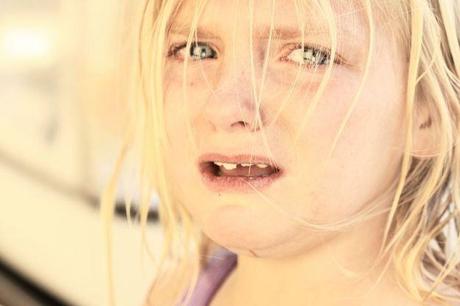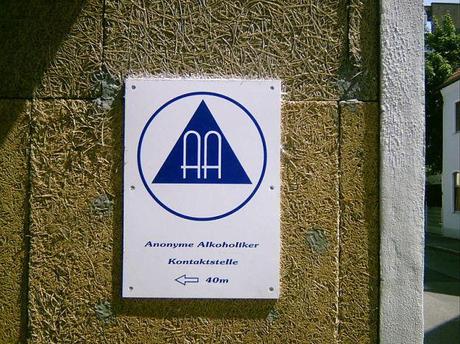When having ceased consuming the toxic substances that affect the brain functioning the former addicts notice that though their physical and mental state is slowly improving the way of thinking remains altered forever. It is extremely difficult to get rid of the stereotypes and return to the healthy life. During the period of addiction the emotional burden caused by the negative experience was suppressed with the chemical substances such as alcohol, drugs or drastic medical agents. The former addicts tend to stream their negative feelings out upon their closest relatives and friends. The children are the ones who suffer in that situation more than the other members of the family. The young children can’t developed the psychological mechanisms of self-defense yet. It is a common thing when the former addict sees that his or her children have grown and realizes that a lot of life events have passed by without their participation. The attempts to catch up result in numerous conflicts and the alienating of the children.

The important factor of the child’s developing a drug or alcohol addiction is the addiction of one of his parents. The parents form the life concepts of their children even if they are not aware of this. The life stereotypes and basic principles become completely formed as the child pushes the age of about 6 years old. The specialists thinks that if the child has never seen his parents drunk before turning 6 the risk of growing addicted decline dramatically.
If one member of the family is addicted the rest members become co-addicted inevitably. This so called co-addiction is considered to be a mental disorder, a subtype of neurosis in particular. The people with such altered personality will subconsciously choose the similar environment when they build their own families.
The anonymous psychotherapy groups for the addicts who have children help them to control their reactions and maintain the healthy relationships within their families. The experience of the other members help each former addict to see his actions from the different angle.

The specialists who supervise the anonymous groups and deliver the seminars aim to search for the new models of behavior to adapt the people under care. Such groups have the rules that say each member should be sincere and accept the experience of the other members as the unique situations. The volunteers help the addicts to give up substance abuse and make the right choice. The children are allowed to attend the special seminars as well. In that way the psychologists reunite the parted families which live in one and the same house.

